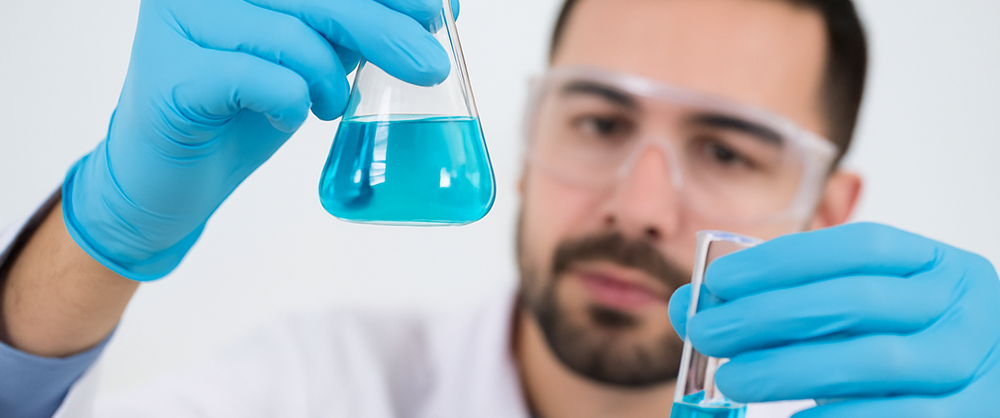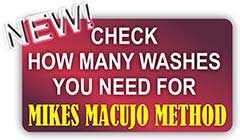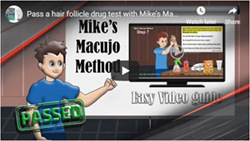Last Updated on May 6, 2025
Upon hearing the words, “drug testing and drug screening," you might think that they mean the same thing. In fact, most people have used the term interchangeably. However, while both terms are used to refer to the drug testing of an individual, they differ in certain aspects.
Let’s dive right in!
Now, before we talk about their differences, let’s take a look at what makes them similar.
Drug screening
Is a test specifically done to look for certain substances and their metabolites, or the breakdown of those drugs in your body. If you have to get results on time, drug screening yields faster results, and it’s less costly.
Drug testing
Comparatively speaking, drug testing is a more precise and trustworthy method of checking for substances in your system. It costs more than drug screening and takes longer to get results because of the technical difficulties.
Lab workers examine different biological samples, such as your saliva, blood, hair, or urine, during drug screening and drug testing to find out if you have drugs or their byproducts in your system. Cocaine, alcohol, marijuana, and opium are among the most frequent drugs for which these tests are taken. They are also effectively applied as initial drug tests for athletes, job candidates, athletes, or current staff members.
Now that you know, from these explanations, what drug testing and screening are for, you must understand that they differ greatly in their procedures, goals, outcomes, timeframe, and cost, even with these parallels.
Drug screening vs. testing: What You Should know
The results of drug screening are usually available quicker than drug testing. In fact, that’s the unique selling point - you get results within minutes. However, this speed affects accuracy, which is why drug screening is referred to as a faster testing process.
Drug testing, on the other hand, provides a more detailed insight into your drug usage and history. While lab analysis of your sample takes time, it is typically done to guarantee a more precise result.
Which should you choose?
Drug screening is the superior choice if you want a brief summary of your drug use and history. Consider it a kind of rough sketch or surface examination to determine the kind of substances you are using. Consider drug screening like peeking around a room to find anything or to make sure everything is okay.
Contrarily, drug testing is a more thorough examination of your system to give a precise picture of your drug use. You enter a drug testing room to complete a full search and ensure everything is in order, not to peek.
Both methods can detect drugs in your system, but testing provides a more accurate picture of the substances present.
How’s the procedure done, then?
Conducting a drug screening is simple. Using a sample of your blood, urine, or hair, lab staff performs an immunoassay test. With this method, particular antibodies react with your urine, and a color shift is utilized to determine whether the blood test is positive or negative.
For drug screening, however, the type of sample collected depends on the specific purpose of the test. Following collection, the sample is sealed and delivered for examination to a specialist laboratory. In the laboratory, particular methods are applied to detect and quantify the amount of particular substances in your body. After this, the test findings are forwarded to the relevant authority or organization.
What is the detection range for drug testing?
Many factors can influence when a test detects a certain substance. A few factors include; the person's body mass, hydration levels, pH level of the urine, or how long ago the substance's consumption occurred, amongst other considerations.
Overall, the more frequently and intensively a drug is used, the longer it remains detectable.
It is important to note that drug testing differs based on the substances being tested for and the specimens being collected. Test specimens might include urine, hair, saliva (oral fluid), and sweat.
Unlike other drug testing types that have shorter windows of detection, typically lasting 1-30 days, depending on the test, hair follicle testing, has a much longer detection window of up to 90 days and is typically used to detect your substance usage. This is because the biological characteristics of your hair enable it to act like data storage for the substances you ingest or are exposed to.
If you are looking to get rid of those metabolites in your hair quicker, then you'll need strong detox products and methods that are proven to help you pass that hair test.
How do I prepare for a Drug Test?
To prepare for a drug test, notify the clinic of any drugs you are presently taking. This is crucial to guarantee that any positive outcomes are documented ahead of time, lowering the possibility of controversy. It's also recommended to avoid drinking too much water before a urine test. Otherwise, the findings may be refused until the urine is less diluted, necessitating a repetition of the entire process. how to pass a drug screening
In Summary
If you’ve read this far, congrats! You can now tell the difference between drug screening vs. testing, and which is best for you, depending on the situation and your needs. It is, however, important to consider the most effective ways to flush certain substances, such as marijuana, alcohol, and cocaine, out of your body, especially if you’d be taking the hair follicle tests.
Frequently Asked Questions
What is the main difference between drug testing and drug screening?
While drug testing takes longer to complete because of the degree of specialized knowledge needed, drug screening results are obtained quickly.
What type of drugs show up on a screening test?
A screening test is used to look for substances including tramadol, oxycodone, marijuana, ecstasy, cocaine, and opium, among many others.
Which drug test is more accurate?
A drug test is more accurate than drug screening. This is because it involves taking samples to the laboratory and putting them through rigorous lab tests.
What type of samples are collected for a drug test?
The most often requested samples when undergoing a drug test are hair, saliva, urine, and blood.







